Published: March 2017
Impossible Foods staff reviewed this page prior to publication.
The Open Philanthropy Project has invested in Impossible Foods (IF) to accelerate the development of plant-based meats.
Limited disclosure
IF asked us not to disclose a number of important pieces of information related to this investment because IF is a for-profit, privately held startup company with a significant portfolio of intellectual property. Therefore, we have not gone into as much detail as we otherwise would.
In particular, we agreed with IF not to publicly disclose the terms of the investment, which products we have seen or tasted at IF’s headquarters, or any information about specific scientific and technical challenges that IF’s team is working to overcome.
Background
The Open Philanthropy Project invested in IF as part of our work on farm animal welfare.
IF is a Silicon Valley-based technology startup that develops meat directly from plants. IF launched its first product, the Impossible Burger, in July 2016. The Impossible Burger is now on the menu of eleven restaurants across the U.S. IF is constructing a factory in California that, when fully ramped up in the second half of 2017, will increase supply of the Impossible Burger to restaurants throughout the United States.
While in the near term IF remains focused on the successful commercialization of the Impossible Burger as its flagship product, IF’s longer-term plans include development and commercialization of additional plant-based products to compete with all the foods that today are produced using animals in all major regions globally.
Since its founding in 2011, IF’s team of scientists has done advance research and development (R&D) on different products including ground and whole-cut beef, pork, chicken, fish, and dairy and cheese products. With our new investment, we hope to accelerate the development and commercialization of a second wave of plant-based foods, enabling IF to expand from the Impossible Burger to additional product categories.
Case for investment
In rough outline, we arrived at a decision to make this investment as follows:
- Farm animal welfare is one of our focus areas. We specifically wanted to invest in people who are working on plant-based alternatives to chicken, eggs and fish because very large numbers of animals are negatively affected by current practices related to producing these foods.
- We have chosen not to prioritize investment in R&D for cultured meat, especially for whole-cut meat (i.e. not ground meat) because we believe technical tractability is currently low (particularly with respect to getting costs acceptably low).
- We were interested in someone using a bioengineering-based approach, analogous to what IF has done with the Impossible Burger, to develop plant-based alternatives to chicken, eggs, and fish. We were particularly interested in IF’s approach based on:
- our Scientific Advisor Chris Somerville’s opinion that Pat Brown (IF’s Founder and CEO) is an outstanding scientist;
- a belief that technical barriers to a viable, low-cost product in this area are much smaller than technical barriers to developing whole-cut cultured meat;
- a belief that more science-heavy/bioengineering-oriented approaches were more likely to yield a transformative product than other attempts to develop plant-based alternatives;
- a taste test of the Impossible Burger, which we believe is a promising product.
- We were aware of the Impossible Burger and IF’s investments from venture capital firms, Google Ventures, Bill Gates and others. We decided to ask IF if it would be interested in working on whole-cut chicken in particular, or whether it could help us find someone else to work on chicken.
- IF told us that it could apply an investment to accelerate its work on the development of specific food categories. IF presented us with several scenarios in which the IF teams would work on one or more food categories.
- After a review of IF’s long-term product plan, interviews with key scientists and executives, and reviews with our financial advisors, we opted for an investment with the intention of accelerating the development of multiple food categories.
- We agreed informally with IF’s senior executives that IF would use Open Philanthropy’s investment to accelerate commercialization of multiple food categories.
Plans for follow-up
We hope that our investment will accelerate the development and commercialization of key products by a few years. We plan to meet with IF every 6 to 12 months over the next two years to check on IF’s progress.
Key questions for follow-up include:
- Is IF’s work toward the development of new categories of plant-based meat proceeding according to schedule?
- How much scientific effort is directed toward each new food category? Is that in line with plans?
- How much progress has been made on technical challenges or other potential roadblocks to commercialization?
- Did IF’s cost of production per pound of ground beef decrease as anticipated?
